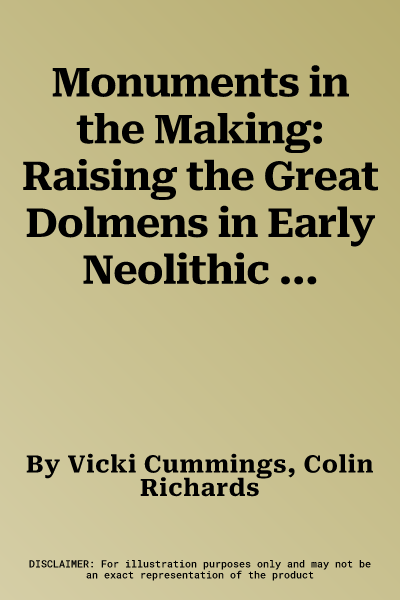In this book we offer an exciting new perspective on a distinctive form
of megalithic monument that is found across most areas of northern
Europe. In order to achieve this we have abandoned outmoded typological
classifications and reintroduced the term 'dolmen' to embrace a range of
sites that share a common form of megalithic architecture: the elevation
and display of a substantial stone. By critically assessing the
traditionally assigned role of these monuments and their architecture as
megalithic tombs, the presence of the dead is reassessed and argued to
form part of a process generating vibrancy to the materiality of the
dolmen. As such this book argues that the megalithic architecture
identified as a dolmen is not a chambered tomb at all but instead is a
qualitatively different form of monument. We also provide an entirely
different conception of the utility of this extraordinary megalithic
architecture - one that seeks to emphasize its building as articulating
discourses of wonder as a broad social strategy. In this respect it is
important to remember that many of these monuments were erected very
early in the Neolithic and as a consequence of new people entering new
lands, or social transformation. In short, dolmens are monumental
constructions employing experimental and emergent technologies to raise
huge stones, which, once built, enchant those who come within their
spaces. Our claim is that dolmens were megalithic installations of
affect, magical and extraordinary in construction and strategically
positioned to induce both drama and awe in their encounter.

